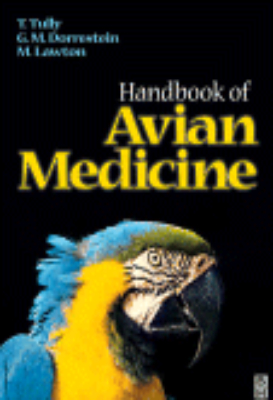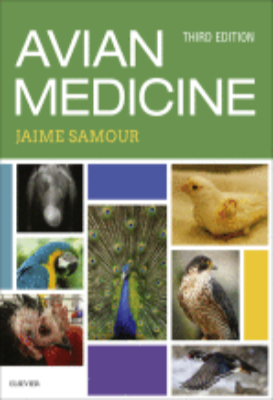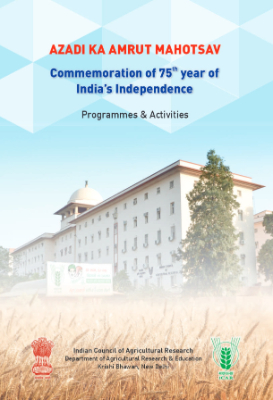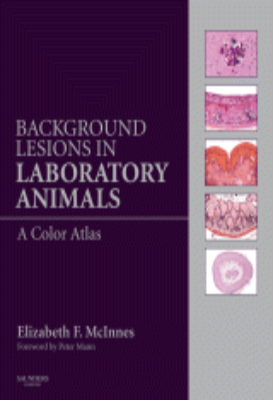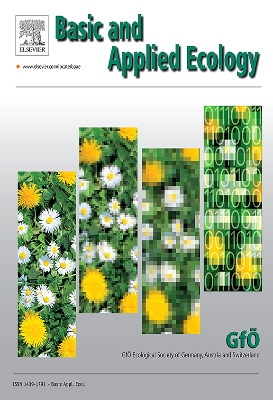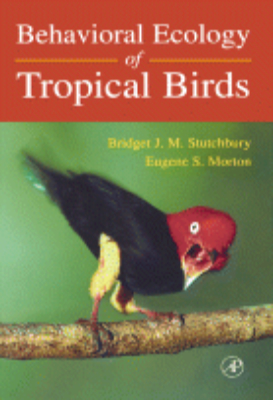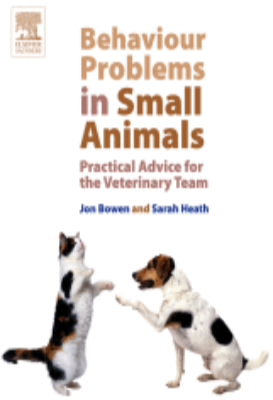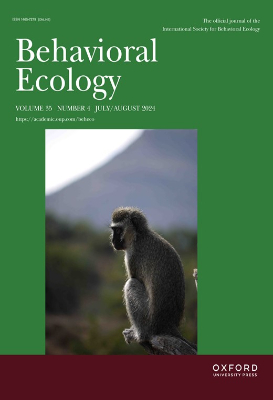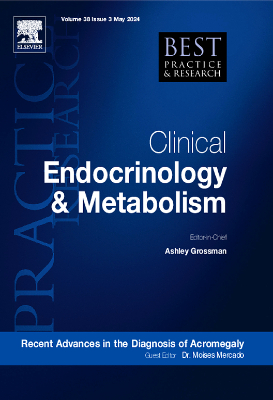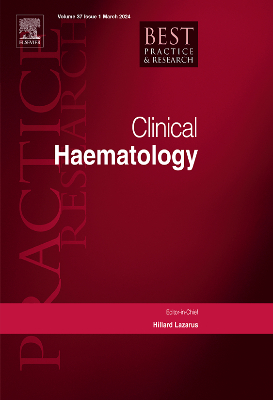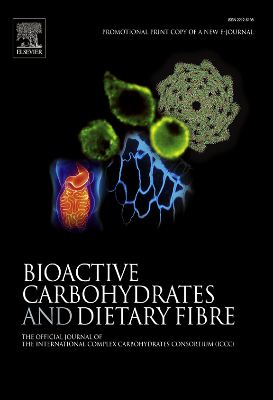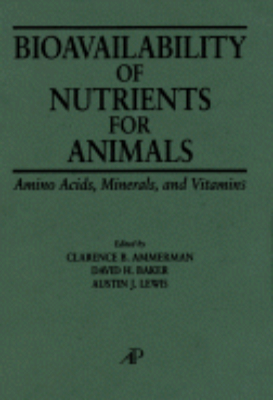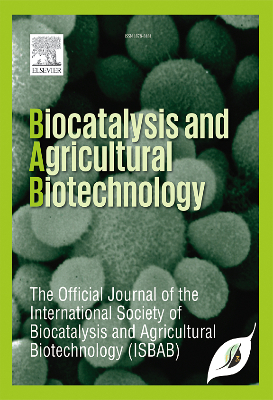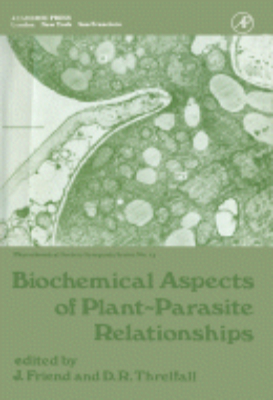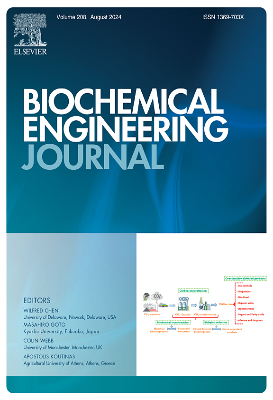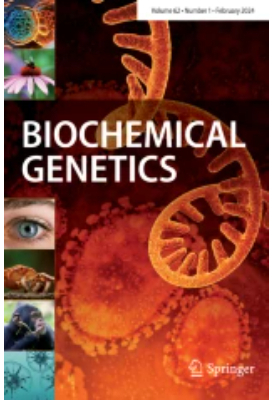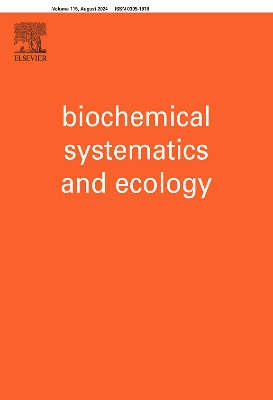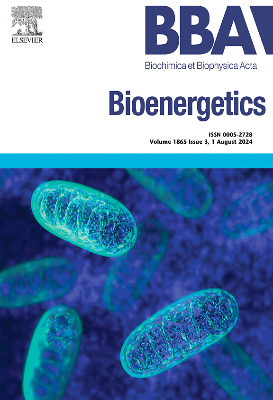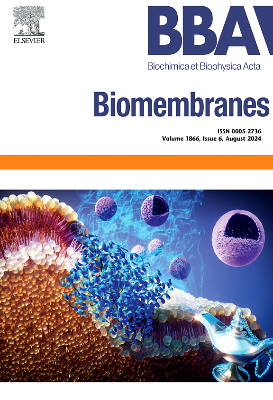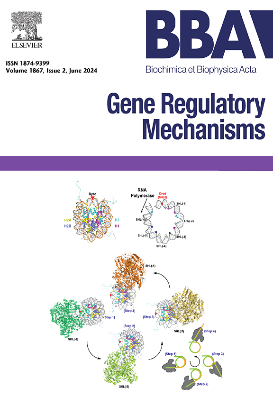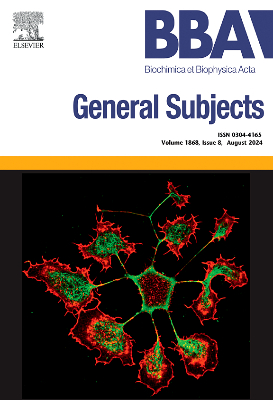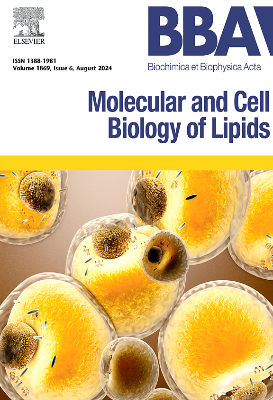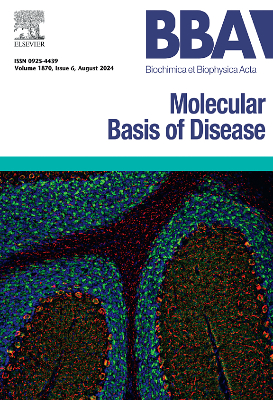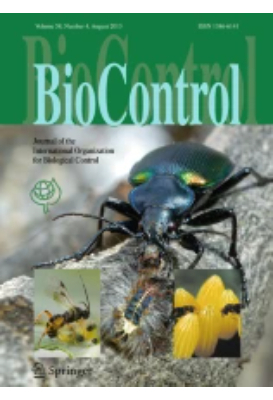Agricultural Science
Avian Medicine: 2000
The first five chapters cover the basic medical information needed to run a primary care avian practice. Again, the focus of the text is on introductory level material and avian practice within the average companion animal practice. If you see between one and five birds a week, this section is for you.The later chapters are species-specific. If a practice sees avian patients, it is not unusual to treat any one of these species and the information in these chapters will support the veterinarian in evaluating, treating and/or referring the patient. Written by international experts, these chapters will also be of interest to avian specialists, bringing them up-to-date on current thinking in areas such as seabird rescue and the management of zoo collections.Avian Medicine is an outstanding book that draws together all the essential information on the care of birds - providing an indispensable reference for veterinary practitioners, veterinary students and veterinary technicians.
Avian Medicine: 2016
Combining the in-depth coverage of a text with the practicality of a clinical manual and the visual detail of an atlas, Avian Medicine, 3rd Edition is the complete, all-in-one guide to every aspect of avian care. Written by some of the world's leading authorities in avian medicine, this highly illustrated reference covers a wide variety of avian species including psittacines, raptors, bustards, parrots, finches, and more. Comprehensive coverage includes issues ranging from the basic aspects of patient management to the most sophisticated diagnostic techniques. Plus, with more illustrations, a wealth of practical advice, and the latest information on cutting-edge treatments and procedures incorporated into this new edition, todays general clinician will be fully equipped to effectively and confidently care for all birds.
AZADI Ka Amrut Mahotsav Commemoration of 75th year of India?s Independence Programmes & Activities
The post-Independence journey of Indian Agriculture has been quite
impressive despite several limiting factors such as uncertainties of weather,
declining soil health, increasing atmospheric temperature and emergence
of more virulent pests and pathogens. The production of food grains, fruits,
vegetables, milk, meat, egg and fish has increased significantly. Systematic
and strategic research has led to development of new technologies to address
specific needs of the farmers. These are being disseminated through the
network institutions in the National Agricultural Research Education and
Extension System (NAREES), regular interaction with state governments
and other stakeholders, and increased use of digital platforms for
communication. Still there exist gaps in transfer of technology/ information
from lab to land. There is a need to strengthen our communication amongst
all stakeholders. The 75th Year of Nation's independence is being celebrated
as Azadi Ka Amrut Mahotsav. The DARE/ICAR has planned various activities
to be undertaken for 75 weeks preceding 15th August 2022. These include
awareness campaigns and lectures by eminent persons on the thematic
areas for reaching out to maximum stakeholders particularly farmers on
various new developments in different sectors of agriculture. This journey
of 75 weeks shall culminate with congregation of farmers who have been
successful in doubling their income, students and academicians with
release of the compendium on farmer's success stories. It is also proposed
to bring out a book on "Indian Agriculture: A Saga of Success-Role of ICAR
through Different Revolutions" and get it released during the occasion.
The proposed activities and campaigns during the 75 weeks of "Azadi ka
Amrut Mahotsav" have been compiled to provide a glimpse of our efforts.
I hope it would be interesting and informative to all the stakeholders.
The feedbacks and suggestions to strengthen our activities in future are
welcome.
Background Lesions in Laboratory Animals
"Background Lesions in Laboratory Animals will be an invaluable aid to pathologists needing to recognize background and incidental lesions while examining slides taken from laboratory animals in acute and chronic toxicity studies, or while examining exotic species in a diagnostic laboratory. It gives clear descriptions and illustrations of the majority of background lesions likely to be encountered. Many of the lesions covered are unusual and can be mistaken for treatment-related findings in preclinical toxicity studies. The Atlas has been prepared with contributions from experienced toxicological pathologists who are specialists in each of the laboratory animal species covered and who have published extensively in these areas. Key Features. over 600 high-definition, top-quality color photographs of background lesions found in rats, mice, dogs, minipigs, non-human primates, hamsters, guinea pigs and rabbits. a separate chapter on lesions in the reproductive systems of all laboratory animals written by Dr Dianne Creasy, a world expert on testicular lesions in laboratory animals. a chapter on common artifacts that may be observed in histological glass slides. extensive references to each lesion described. aging lesions encountered in all laboratory animal species, particularly in rats in mice which are used for carcinogenicity studies"
Behavioral Ecology of Tropical Birds
This book examines behavioral adaptations of tropical birds in timing of breeding, life history traits, mating systems and parental care, territoriality, communication, and biotic interactions, and emphasizes the many gaps in our knowledge of tropical birds. We urge students and researchers in temperate and tropical regions alike to realize the potential they have for improving our knowledge of avian adaptations far beyond what is currently accepted as gospel. Time is running out. Key Features * Line drawings with graphs* Unpublished data and observations from decades of authors' research in tropics
Behaviour Problems in Small Animals
"An easy-to-use, quick-reference text full of practical advice on how to handle behavioral problems in the practice situation. You'll find helpful practice tips such as tips on running puppy classes, guidelines for breeders, and guidelines for new owners. Discussions of canine behavioral problems include: aggression; fears, phobias and anxieties; elimination problems; training issues; and geriatric behavior issues. Feline behavioral problems include: aggression; fears, phobias and anxieties; elimination problems; grooming problems; bonding problems; and geriatric behavior issues. There's also a helpful appendix on drug dosages for behavior-related medications. Key Features. Coverage offers immediate advice to the veterinary team who are often presented with behavioral problems in their practice.. Easy-to-read format includes introductions, medical differentials, underlying causes, diagnosis, action boxes, and summaries.. Content refers the reader to other chapters throughout the book, so that information can be found quickly and easily.. Helpful handouts, which can be photocopied, offer yet another way to further your learning experience."
Bioavailability of Nutrients for Animals
This practical book provides crucial information necessary to formulate diets with appropriate amounts of amino acids, minerals, and vitamins. The factors that influence how well animals obtain these critical nutrients and methods for determining bioavailability are reviewed in this comprehensive text. In addition, data from both ruminants and nonruminants are included as well as established estimates of bioavailability for particular feed stuffs and feed supplements.
Biochemical Aspects of Plant – Parasite Relationships
Biochemical Aspects of Plant-Parasite Relationships is a collection of papers from the Phytochemical Society Symposium of the same subject held at Hull in April 1975. This collection discusses biochemical research on the mechanisms involved in the invasion of plants by pathogens, the production of disease symptoms, and the mechanisms occurring in plant resistance against the invading microorganisms. Some papers discuss the genetics of fungal-plant interactions and the structural features of both infection and resistance processes, Such genetic interactions and structural features point to a biochemical reason for the plant-parasite interaction. Several attempts to correlate production of a cell wall degrading enzyme in vitro by a pathogen's virulence have shown great differences between in vitro and in vivo environments. One paper cites as an example the pathogens which produce both pectic hydrolases and lyases: the type of enzyme that is found to predominate often is actually associated with the pH of the environment. One paper also investigates nucleic acid transfer and the possible role of RNA in the host-parasite specificity. This collection can prove beneficial for microbiologists, biochemists, biotechnologists, plant biologists, and academicians connected with the biological sciences.


